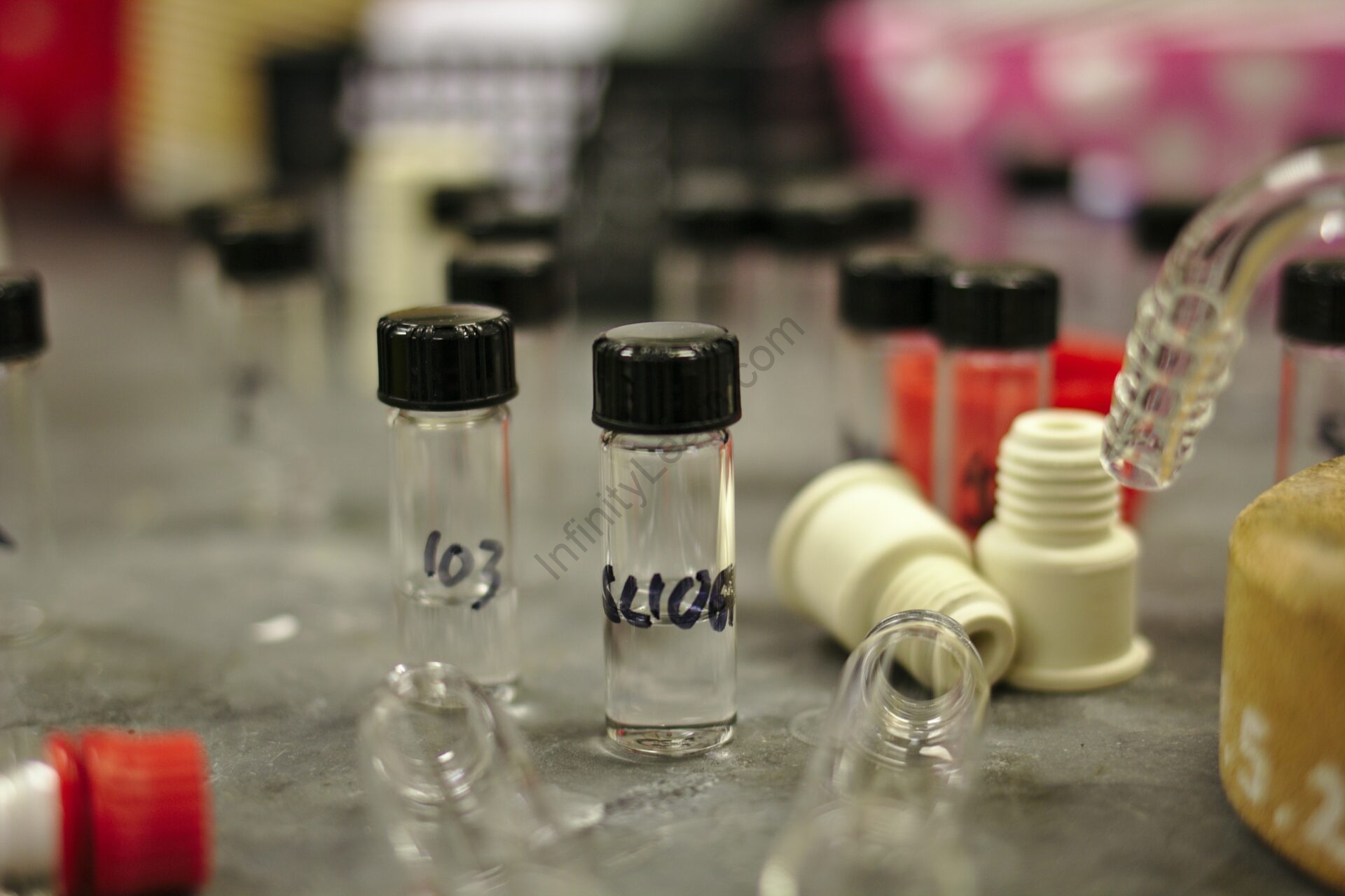Table of Contents

Introduction
One of the most significant and high-scoring disciplines in JEE is chemistry. The questions in the chemistry part are typically straightforward, but students must cover a wide range of topics. Physical chemistry, inorganic chemistry, and organic chemistry are the three disciplines of chemistry.
However, each of them is fascinating to investigate in its own right. Environmental chemistry, s and p block elements, d and f block elements, biomolecules, polymers, chemistry in everyday life, surface chemistry, extractive metallurgy, surface chemistry, periodicity, and categorization of elements Properties are covered in various chapters in chemistry, including coordination compounds. While studying for JEE Chemistry, candidates should concentrate mostly on these chapters.
What to Remember When Studying Chemistry
Chemistry is a high-scoring topic for most IIT JEE applicants since it focuses mostly on fundamentals and has a constant difficulty curve year after year. It is the quickest topic to solve because the questions are more theoretical than calculative.
IIT JEE Chemistry, unlike the other courses, emphasizes planning rather than conceptual applications. Students must be familiar with all formulas, named reactions, chemical equations, and periodic table trends in order to do well in this section, as these concepts make up a large portion of the IIT JEE Chemistry syllabus, and students can expect a lot of direct and indirect questions based on the above-mentioned concepts.
The key to addressing chemical difficulties is to have a solid grasp of the fundamental principles. Students must have a strong conceptual foundation in order to handle IIT JEE Chemistry topics easily. A JEE aspirant’s problem-solving skills would never improve just by memorizing theory and formulae.
The IIT JEE Chemistry study material provided here is intended to aid students in their understanding and evaluation of a number of fundamental concepts in Organic, Inorganic, and Physical Chemistry. JEE Chemistry important subjects might help students understand how different ideas provided in the IIT JEE chemistry syllabus are weighted in terms of marks.
FAQs
Is NCERT Chemistry sufficient for JEE Chemistry?
Chemistry is usually the easiest and most scoring section in JEE Main. Direct questions are asked. Candidates can prepare effectively with NCERT texts, which are usually sufficient for JEE preparation. They only need to get a deep comprehension of the ideas and a strong recall for formulae, symbols, and reactions.
Is it true that inorganic chemistry is more significant in JEE?
The bulk of queries is usually posed in this area. Organic chemistry ideas should be well-understood by the candidates. Other aspects, such as inorganic chemistry and physical chemistry, are, nonetheless, as significant. All of the sections should be well-understood by the students. In chemistry, ideas can sometimes be intertwined.
What additional study materials can I use to prepare for the JEE?
Aside from books, candidates appear to be able to use other study tools. They can listen to video lectures, study notes, access e-books, practice with question papers, and take mock examinations. All of these resources are readily available, and candidates should take advantage of them to maximize their study time and improve their JEE preparation.
What are the finest chemistry books for JEE?
Authors such as J.D. Lee, R.C. Mukherjee, o.p. Tandon, Morrison, and Boyd, among others, have published some of the greatest books for IIT JEE Chemistry.







